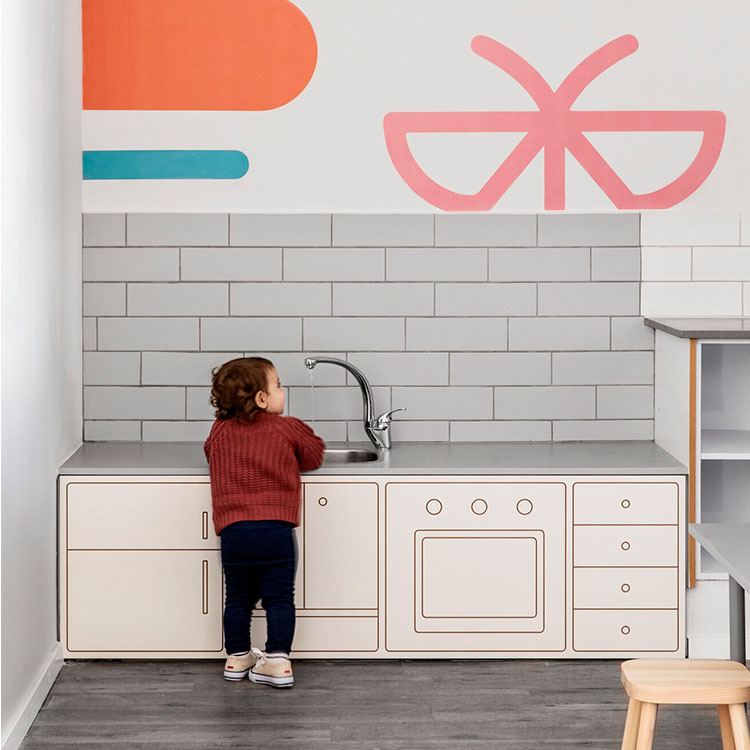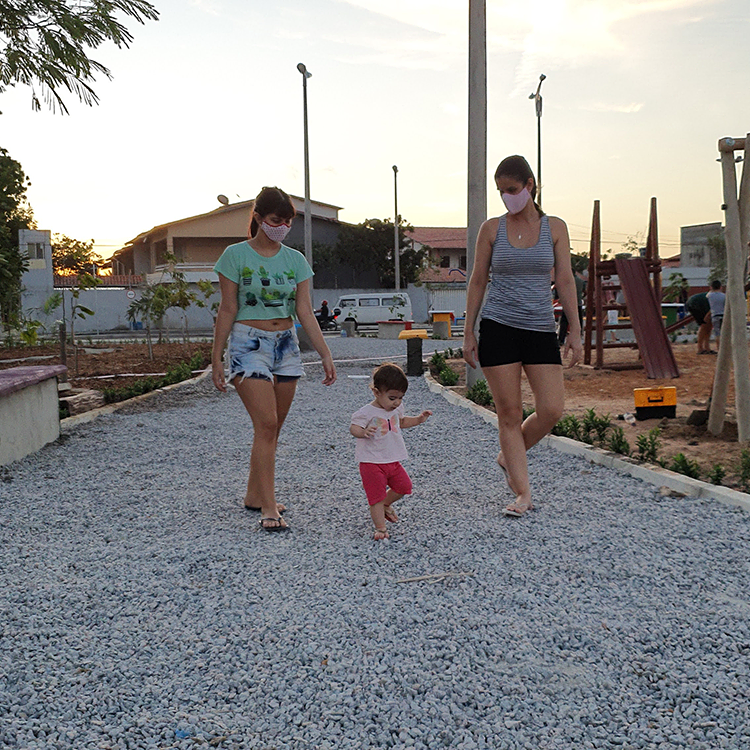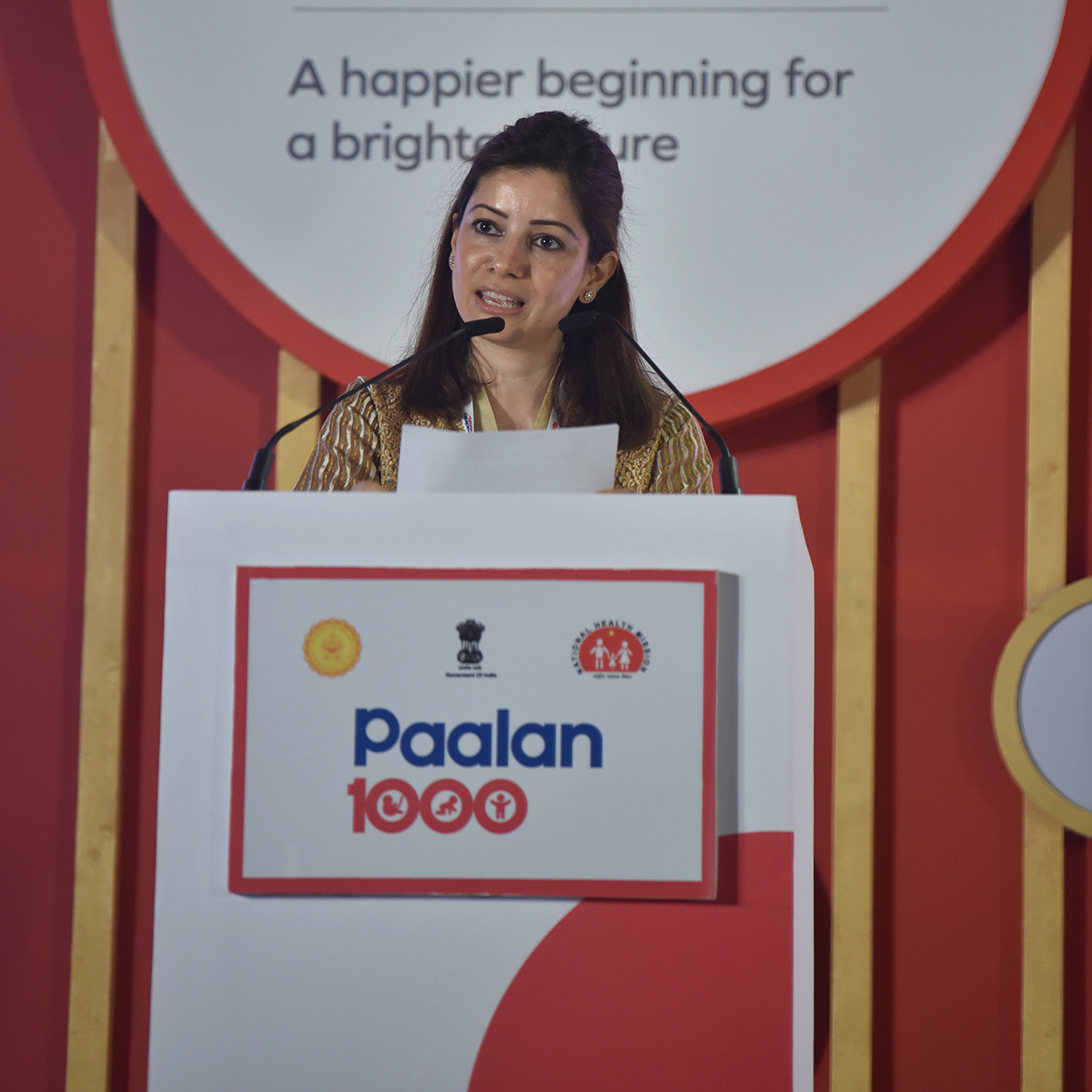According to Rien van Gendt: “The Netherlands has a unique foundation landscape, in which most foundations have moved from traditional grantmaking to strategic philanthropy, characterised by a focus on impact and effectiveness, partnership building and social investments.” He would know, having been the director of the Bernard van Leer Foundation from 1988 to 2002, the chair of the Dutch Union of Foundations (FIN) and an independent strategic advisor for several national and international foundations. Currently, he is the Executive Fellow of the Major Alliance, an organisation that brings together foundations, corporations and governments to solve societal problems. Not an easy job, as “parties are often not willing to accept that – despite big differences in objectives – cooperation between these entities has great advantages.”
An example in which the Major Alliance realised successful cooperation between the public and the private sector concerns the ‘IMC Weekendschool’. This is an extracurricular programme in which young children from deprived socio-economic backgrounds are offered the opportunity to learn more about certain professions during weekends. After a successful privately funded pilot, the Dutch government lifted bureaucratic barriers which enabled the programme to be implemented at scale in the regular Dutch education system.
Migration is one of the themes the Major Alliance has a special focus on. The Bernard van Leer Foundation is also in the process of designing a strategy in this area, focusing on young refugee families in particular. To mark the occasion of Rien’s retirement from over 27 years of honourable service to the Foundation (as a director and board member), BvLF assigned a ‘Mini Thinktank’ to perform research that connects Rien’s former activities at the Foundation and his current activities for the Major Alliance, and that had the potential to deliver input into BvLF’s refugee strategy.

The Mini Thinktank took place from July 15th to July 17th in Noorderheide in the east of the Netherlands. During this weekend, ten alumni of the National Thinktank executed research guided by the following question:
“How could government, corporates and foundations contribute to the support that young refugee families (with children from the age of -9 months to 4 years) currently receive during the first year of their stay in the Netherlands?”
The participants had only one day to map the most important challenges in the support framework that currently exists for young refugee families. Or, in Rien’s words: “to tear the subject apart and think it through in an unconventional way”. In their preparation, the participants had performed some initial research and consulted experts in this support framework. At the end of the day, the participants presented their analysis to ten colleagues. With their fresh input, the analysis was fine-tuned to identify six key challenges. The following day the participants brainstormed to come up with solutions to these challenges. This resulted in a list of 15 solutions, varying from policy recommendations to more creative solutions aimed at challenging stigmatisation.
Rien’s favorite solution is the Peuterhub, which concerns support centres specifically designed for children aged 0-4 and their parents, because “it addresses young families in an efficient and straightforward way.” Although impressed by the inspiring and the creative work of the Mini Thinktank, he does identify several challenges. “The government is still moving refugee families from one centre to another, i.e. due to lack of spaces. Some solutions of the Thinktank however, assume a certain level of stability in their environment.” According to Rien, the implementation of the ideas of the Mini Thinktank require foundations to get out of their comfort zone. To create sustainable impact, “they should go beyond pure grantmaking, and act as a convenor and advocate.”
The work of the Mini Thinktank has already been of great value to BvLF’s refugee strategy in the Netherlands. Not only has it confirmed our thoughts on how to be of added value, it has also led us to explore cooperation with several different interesting initiatives.
To create as much impact as possible, the work of the Mini Thinktank will be presented at an event later this year, details still to be announced. For more information, please send an email to Anne van Heijst.




